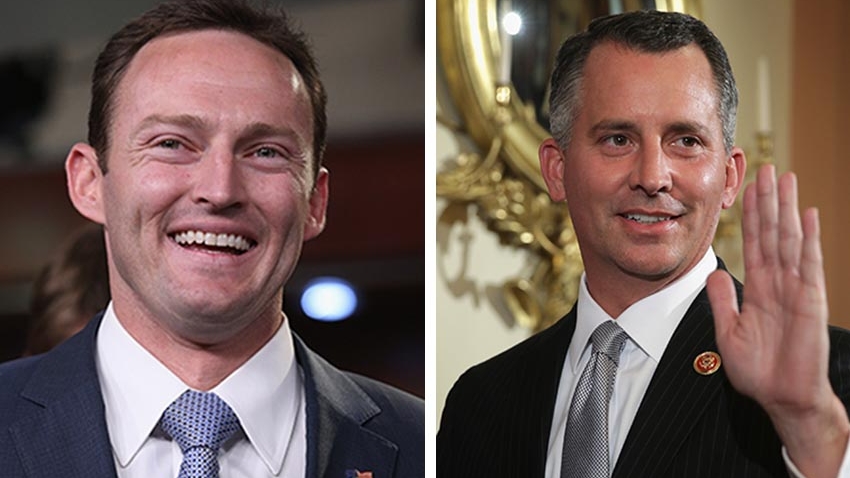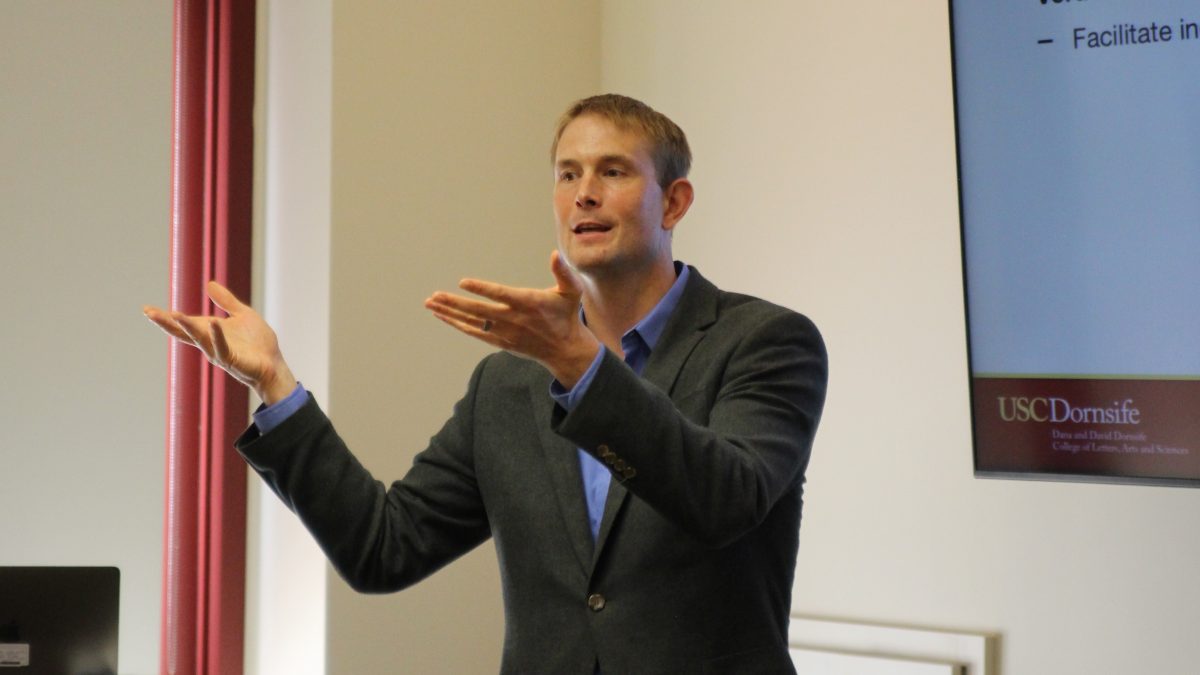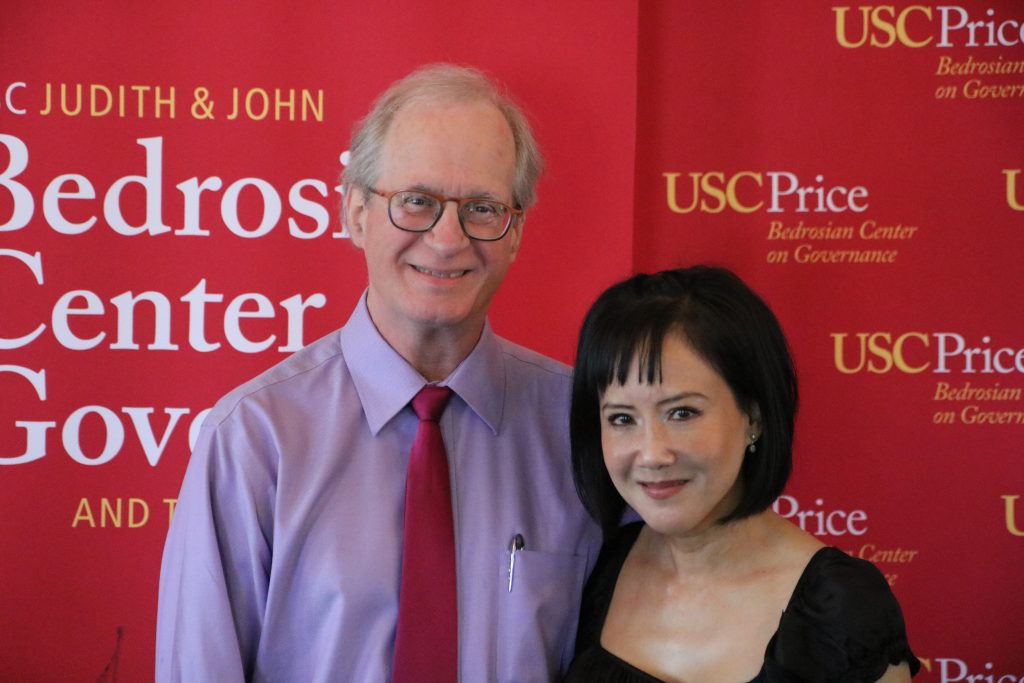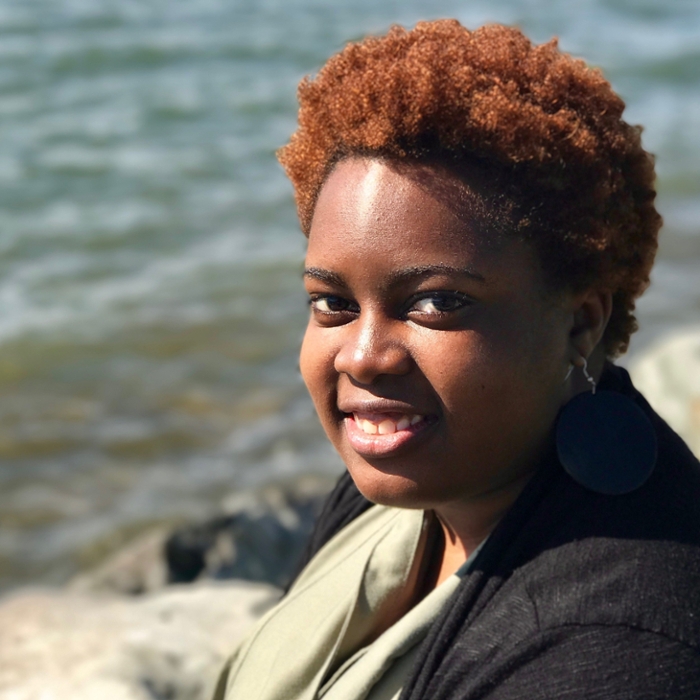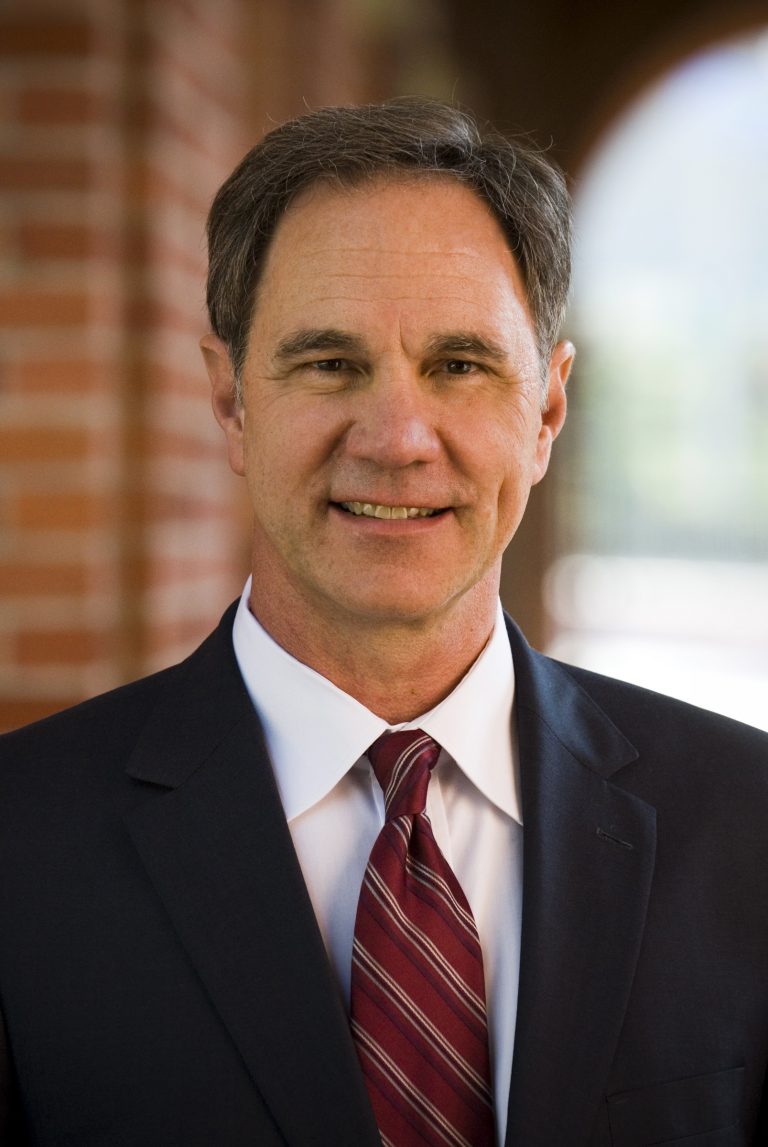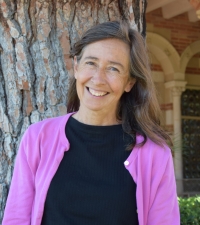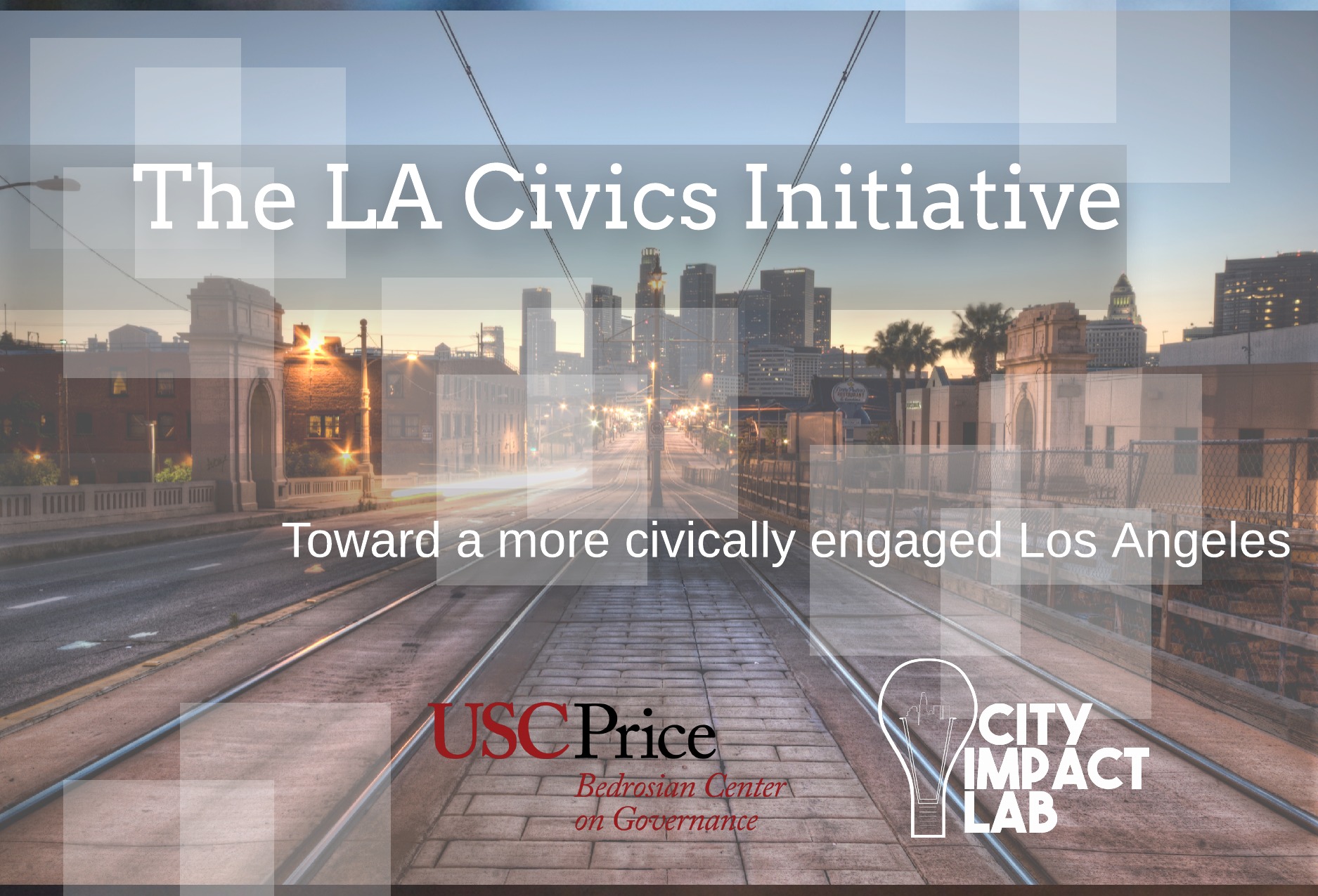Fiscal Legibility and State Development: Theory and Evidence from Colonial Mexico
Due to human error on our part, we did not record a major portion of Emily Sellars PIPE Workshop talk on fiscal legibility and state development. Apologies to those who were unable to attend the live presentation. For your convenience, here is the full transcript, saved from the live captioning Read more…


